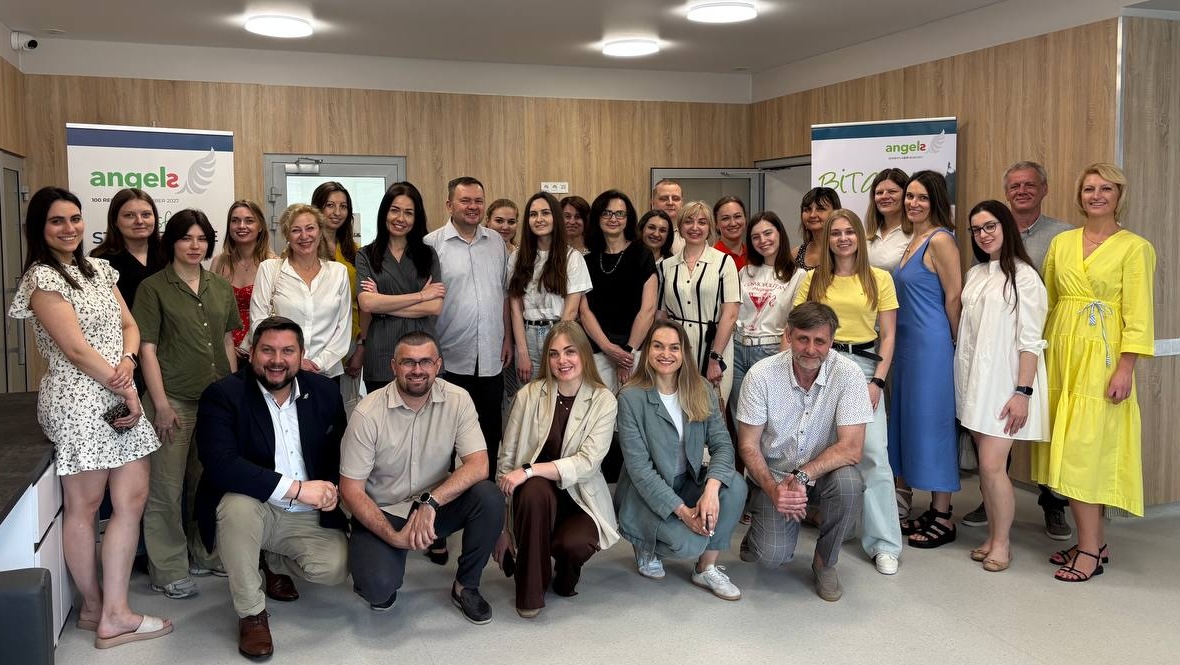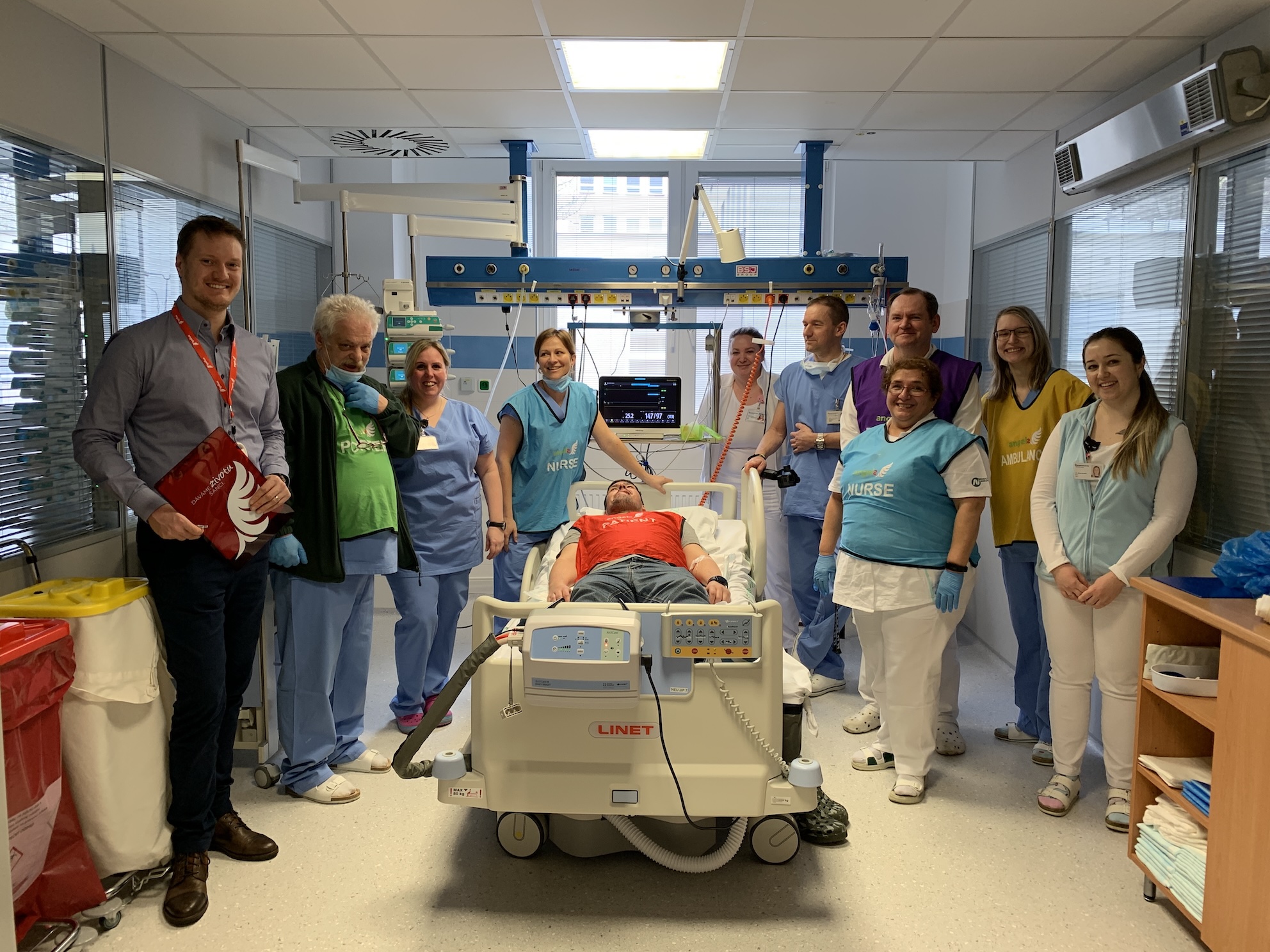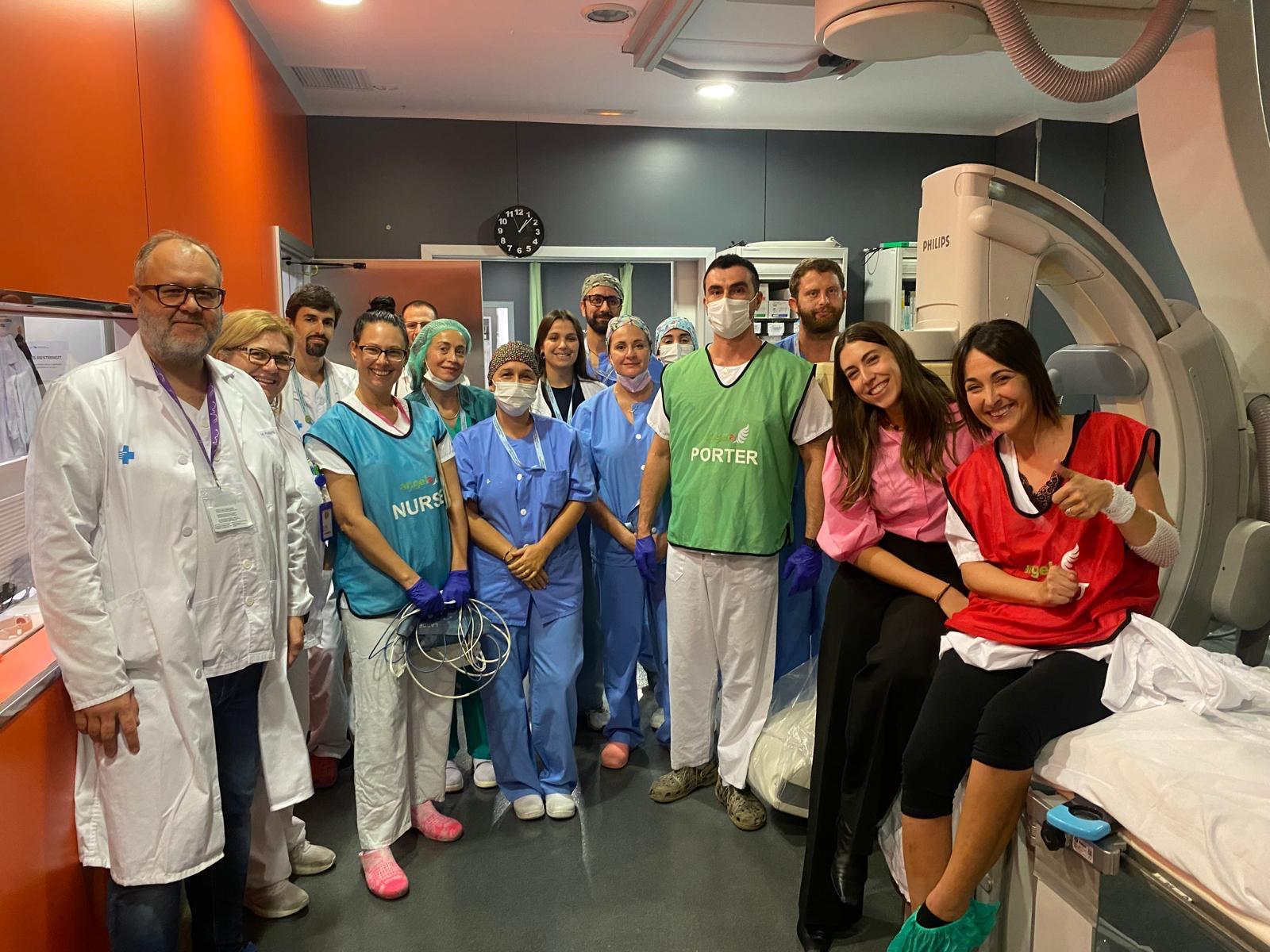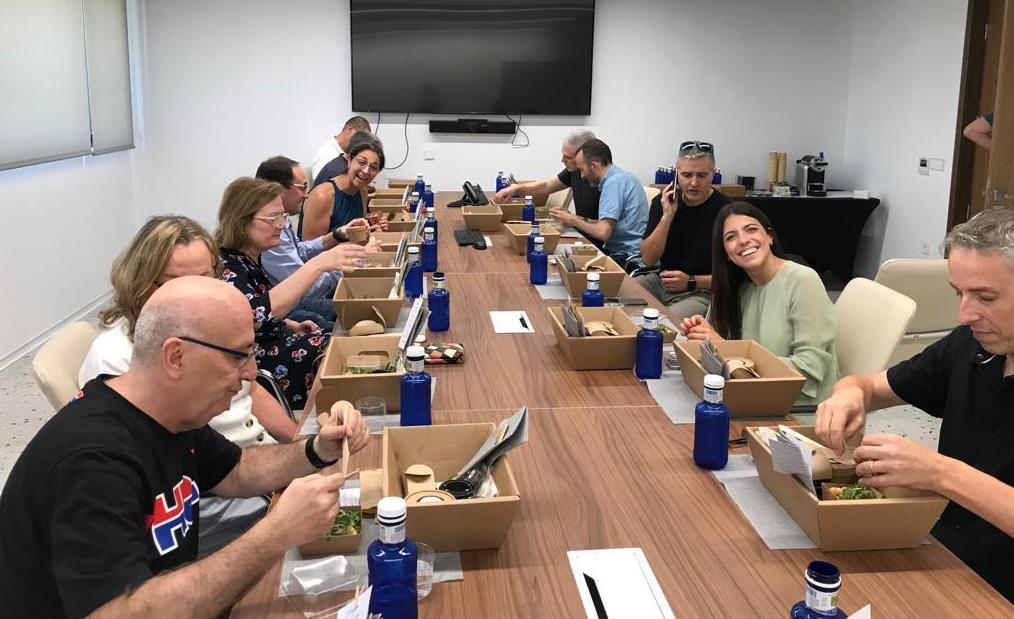
Szpital ALICANTE General Hospital to dobry punkt dla leczenie udaru w społeczności Valencian. Jeden z 23 ośrodków udar w czwartej, najbardziej populacyjnej społeczności autonomicznej w Hiszpanii był do niedawna jedynym ośrodkiem, w którym czas oczekiwania między przybyciem do szpitala a podaniem leku wynosił 30 minut.
Nie było to koincydencji. Szpital był również jedynym w regionie, który rutynowo rejestrował i analizował dane dotyczące leczenie udar mózgu, a także ujmującym się przykładem wpływu monitorowania jakości na praktykę.
Ale tutaj też Covid zostawił swój ślad. Na wysokości pandemii oddział lecznia udarów w szpitalu ogólnym Alicante został przekształcony w OIT. Podobnie jak w przypadku kilku innych oddziałów leczenia udar, które zniknęły pod wpływem nacisku z innego zestawu priorytetów, nadal nie odzyskały one statusu dedykowanego oddziału, gdzie pacjenci z udar otrzymują najbardziej odpowiednią opiekę ze strony multidyscyplinarnego zespołu specjalistów.
Był to tylko jeden z problemów, który zajmował myśli neurologów z całej społeczności Valencian, którzy wzięli udział w przełomowym spotkaniu w dniu 16 czerwca. Konsultant Angels, Belén Velasquez, znając pilną potrzebę standaryzacji leczenie udaru w regionie, zorganizował komitet sterujący składający się z głównych neurologów z sześciu szpitali Valencian – po dwie z prowincji konsultant Castellón, Valencia i Alicante. Byli również przedstawiciele dwóch szpitali telestromicznych, koordynatorzy zespół ratownictwa medycznego (ZRM) ratunkowego dla każdego okręgu, dyrektor zespół ratownictwa medycznego (ZRM) w regionie Begoña Argos i Cristina Ruiz Cavanilles z działu zdrowia Valencian.
Do spotkania w Barcelonie dołączyli dr Natalia Pérez de la Ossa i Xavier Jimenez, odpowiednio dyrektorka ds. udar i dyrektor medyczny zespół ratownictwa medycznego (ZRM) ratunkowego, którzy podzielili się swoimi spostrzeżeniami na temat planowania i organizacji z sąsiadami. Komunikacja była na wysokim poziomie w programie, a także znaczenie monitorowania jakości i priorytetowe działania w celu wyeliminowania opóźnień w leczenie.
W ramach programu monitorowania jakości wdrożonego w pięciu szpitalach dwa lata wcześniej namalowano nieszczelny obraz, pokazując średni czas oczekiwania między przybyciem a rozpoczęciem leczenie, który był znacznie niezgodny z wytycznymi. Liczby wskazywały na chęć pracy zespołowej w różnych szpitalach oraz brak koordynacji zarówno pomiędzy szpitalami, jak i pomiędzy szpitalami i zespół ratownictwa medycznego (ZRM) ratunkowym, przy czym kod udar został aktywowany w zaledwie 45% przypadków.
Geograficznie prawie 5 milionów obywateli społeczności walenckiej jest dobrze obsługiwanych przez trzy (zaraz, aby stać się czterema) kompleksowe centra i 20 szpitali. Jednak aby uzyskać najlepszą opiekę nad pacjentami z udar w tym regionie, konieczne będzie wspólne zaangażowanie w standaryzację, udoskonalenie oparte na danych i optymalizację ścieżek leczenia. O to właśnie chodzi w tym spotkaniu.
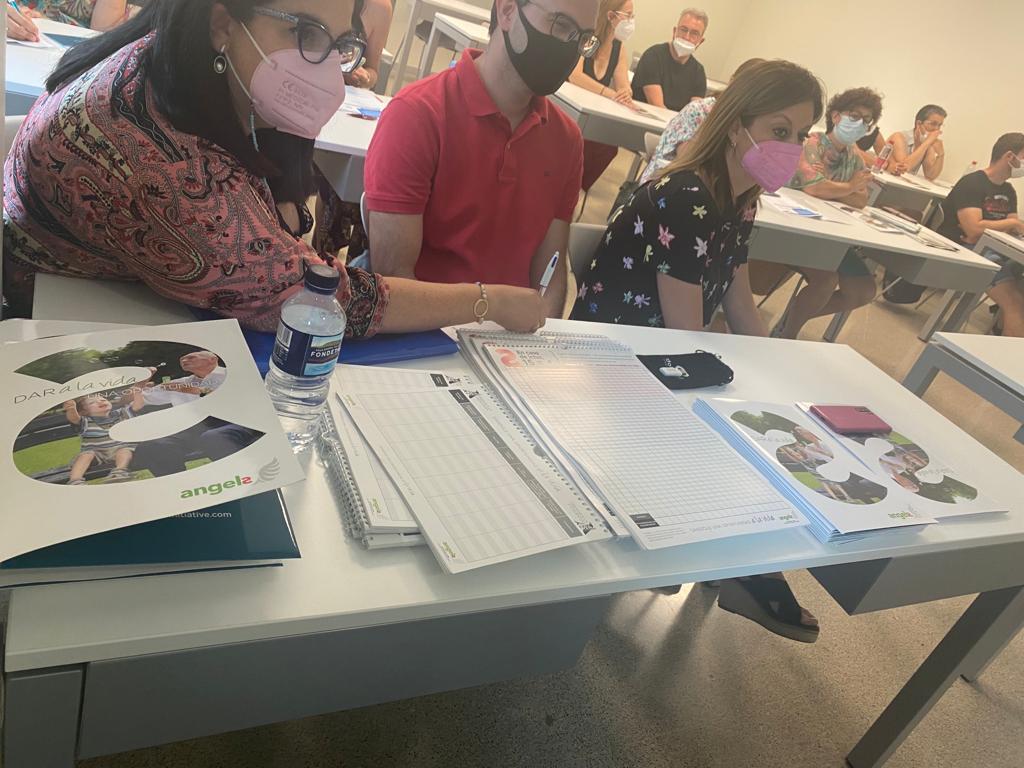
W DNIACH JEDENCH później, 27 czerwca, Belén przydziela zadania domowe 20 pielęgniarkom z Castellón, Valencia i Alicante. Przełożeni pielęgniarek i pielęgniarki udar z sześciu szpitali w społeczności Valencian, uczestniczyli w spotkaniu inauguracyjnym komitetu sterującego pielęgniarek, który w nadchodzących miesiącach zajmie się potrzebą ustandaryzowanego protokołu i szkolenia dla pielęgniarstwo udar w regionie.
Teraz przydzielono im zadanie na lato. Każdy zespół pielęgniarek musi zapoznać się ze swoimi mocnymi stronami i określić obszary opieki pielęgniarstwo pacjentem z udar, w których leży ich konkretna wiedza specjalistyczna. Jeśli chodzi o sformułowanie protokołu opieki poostrej w Valencji, pielęgniarki z każdego szpitala poszerzą wiedzę z obszaru, w którym są ekspertami.
Pielęgniarki w społeczności Valencian napotykają unikalny zestaw przeszkód. Region ma najniższy stosunek pielęgniarka do pacjent w danym kraju, stwarzając wyzwania na oddział lecznia udarów, tak jak w innych miejscach. Mimo że spotkanie wyraża zgodę na znaczenie przekazania tego organom służby zdrowia, dziś skupiamy się na optymalizacji zasobów, które posiadają. Oprócz gromadzenia wiedzy specjalistycznej w celu opracowania protokołu udar, będą oni współpracować w zakresie szkoleń i wspólnie wdrożą wyzwanie Helsinki w celu oceny postępów. To była tylko kwestia godzin, ale już jest to społeczność, która jest razem silniejsza i gra na swoich mocnych stronach.
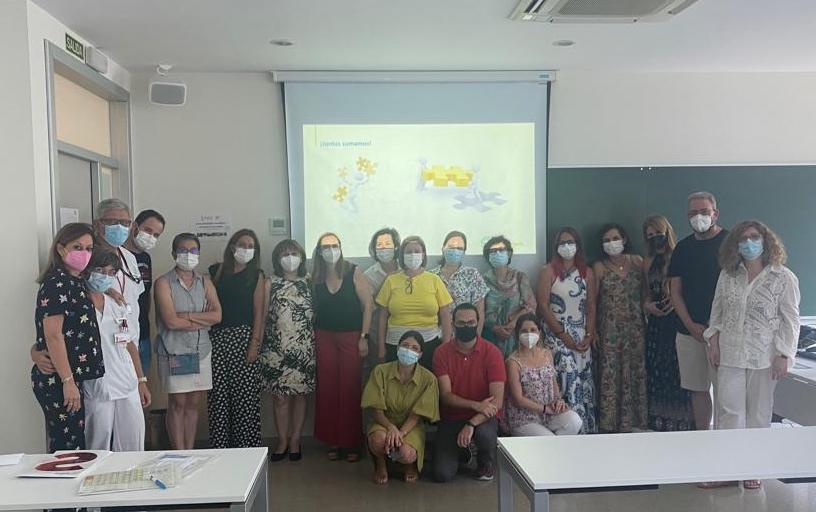
SZKOLENIE należy również do celów uzgodnionych na spotkaniu szpitali i zespół ratownictwa medycznego (ZRM) ratunkowego w dniu 16 czerwca. Przejdzie on do prowincji, zaczynając od spotkań interdyscyplinarnych, a wszystkie sześć szpitali przeprowadzi symulacje ścieżek leczenia z udziałem zespołów zespół ratownictwa medycznego (ZRM).
Wybrano rejestr. W przyszłości dane dotyczące leczenie z całego regionu zostaną zapisane w RES-Q, a wnioski uzyskane z analizy zostaną wykorzystane do celów poprawy.
W związku z letnią przerwą w okolicy, wrzesień 2022 r. będzie oznaczać moment, w którym społeczność Valencian oficjalnie rozpoczyna nowy rozdział dotyczący leczenie udaru. Ale co najmniej jeden szpital nie jest gotowy do czekania.
Dzień po spotkaniu komitetu sterującego pielęgniarek rozpoczyna się szkolenie na oddział lecznia udarów w szpitalu La Fe de Valencia. Wykorzystując fakt, że spotkanie przyniosło zarówno Angels, jak i ekspertów ds. udar do ich miasta, pielęgniarki w tym szpitalu biorą udział w sesji szkoleniowej, która obejmuje przegląd protokołu udar, wprowadzenie do Proyecto Flecha (interwencja málaga-grown w celu wyeliminowania zmienności w opiece poudarowej) oraz komunikację z rodzinami pacjentów po wypis ze szpitala.
Podczas poprzedniego spotkania zadecydowali, że w tej chwili był równie dobry moment, aby podnieść standard opieki w ich oddziale. W końcu, jeśli chodzi o udar mózgu, nic nie ma znaczenia dłużej niż czas.

